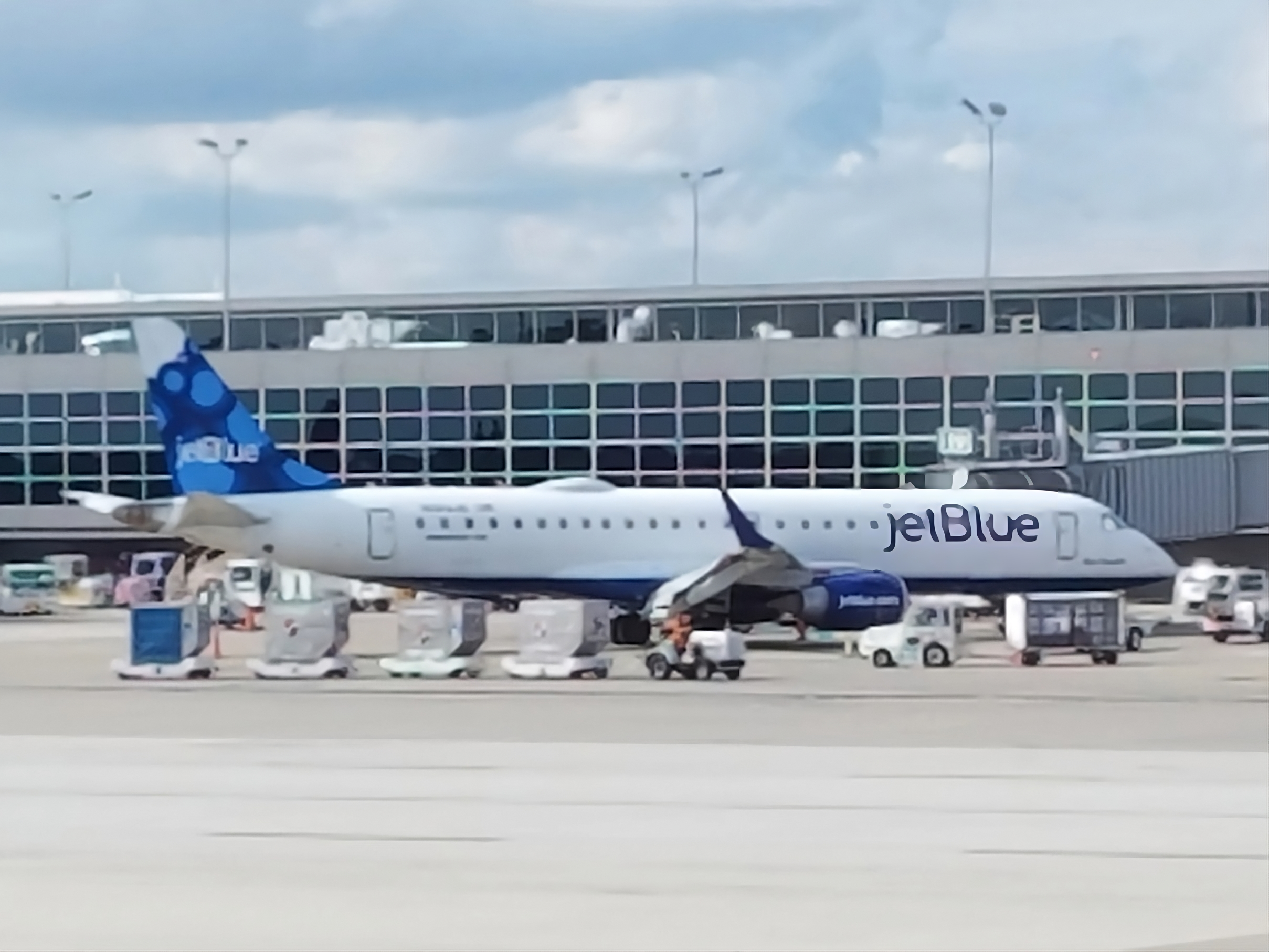
Carl Icahn has taken a 9.91% stake in JetBlue.
There’s no secret that JetBlue is struggling.
- Shares of the airline are down 29% in a year and two-thirds in three years.
- Their on-time performance has been poor.
- They’ve degraded their inflight product over the years, reducing the differentiation between them and competitors (although still offering a bit more legroom, seat back TVs, and free Wifi).
- Employees are unhappy.
The airline lost anti-trust trials over its partnership with American Airlines and its acquisition of Spirit Airlines (for which it was likely overpaying, and would be taking on significant operational complexity to execute the merger). And its CEO announced his exit.

While the airline’s shares are actually up nearly 10% over the past week and 20% over the past month, that’s off of a very low base. Icahn quite reasonably sees an airline that’s underperforming and that should be able to turn itself around, though perhaps not with its current (lack of) strategy. There may be money to be made here, and shares are up in after hours trading.
However Icahn is a lightning rod in aviation circles, given his past involvement with TWA. He acquired that airline in a leveraged buyout in 1988 (after first having purchased half the airline three years earlier). Icahn entered with union support, having been seen as a better alternative than Frank Lorenzo.
He then sold off the airline’s assets to pay down the debt he incurred acquiring the carrier. He sold TWA’s London routes to American. And he eventually left the airline with over half a billion dollars in additional debt when he walked away having earned a similar amount.
Icahn also walked away with the Karabu agreement, the ability to purchase TWA tickets at 45% off for a decade, except those to or from St. Louis. He then started Lowestfare.com to sell TWA tickets for less than TWA pricing, pocketing the difference. This pushed TWA back into bankruptcy in 1995.
Ultimately, though, TWA was an airline with problems. It paid below average wages, yet had above average labor costs due to work rules. Hubbing in St. Louis no longer made sense from a passenger perspective, since it lacked the full fare passengers of competitor hubs. And TWA 800 crushed it as well. It wound up in a prepackaged bankruptcy sale to American Airlines.
While Icahn is often blamed for killing TWA, it had problems which may have been insurmountable even aside from Icahn.
(HT: @crucker)
Gary Leff
